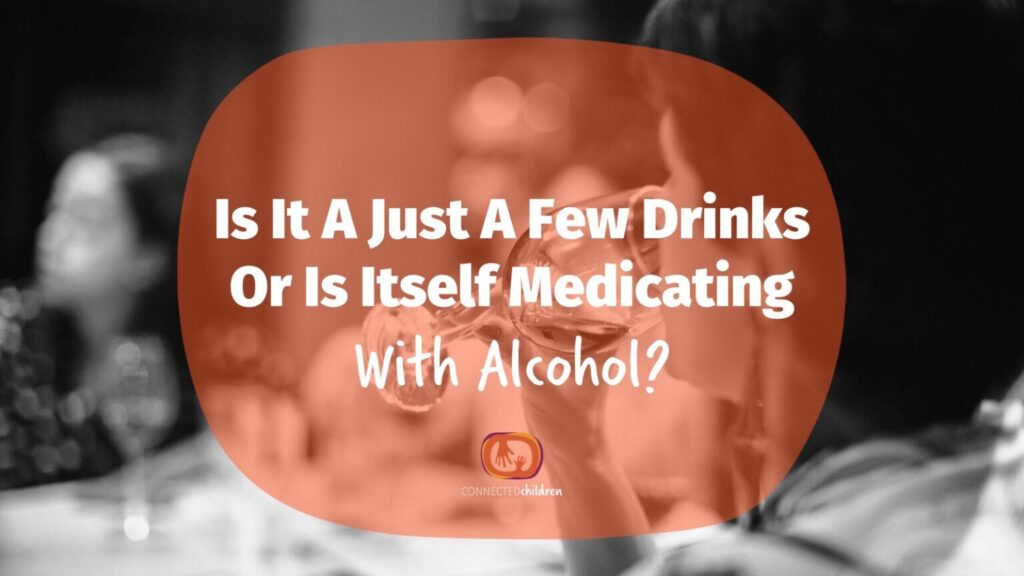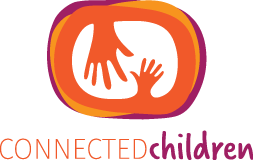
Is it a just a few drinks or is it self medicating with alcohol?
It’s been a big day so it’s wine o’clock right? But when do a few glasses of wine, slip over into self medication?
Does this apply to you or someone that you care about?
Self medication refers to behaviour that involves the use of any substance, not prescribed by a doctor, that helps us deal with stress or difficulties such as pain.
So when might someone self medicate with alcohol or another addictive substance? This list is not exhaustive, but here are some,
• If there is history of trauma
• Mental illness
• To manage pain
• To alleviate sleep difficulties
• If there are issues with impulse control or ADHD
• Anxiety or depression may also result in abusing alcohol to escape reality
So how does alcohol affect the brain?
When the lower (more primitive) parts of our brains including the amygdala are overly active due to stress, alcohol will calm the nerves from firing and this helps reduce activity in the parts of the brain related to stress. In some ways, alcohol operates in a similar way to medication, calming the activity in the stress centers of the brain.
The problem is that using alcohol to cope promotes unhealthy patterns for dealing with stress.
Susceptibility to alcohol abuse is related to many factors. One factor to consider is the number of risk factors. For example, if you experienced a traumatic event as a child, but you have a solid support network then perhaps you may not be as susceptible. But if someone has experienced significant difficulties in their childhood such as a parent with mental illness, a traumatic event such as losing a family member and then in their current life experience there is job instability and difficulty sleeping then this may increase the level of susceptibility to using unhealthy coping mechanisms. It is important to consider your own risk factors as this can help you be proactive in reducing your risks.
So if you know someone (or it’s you) who is using alcohol to cope with stress, here are some points to get you started in addressing this …
• Talk to a friend about your drinking habits and ask them to check in with you. With their help as an accountability partner, you may be able to set up a system to help keep your drinking limited to a certain number of drinks.
• Check in with your GP, perhaps now is the time to find a GP that you relate to well and can trust.
• What can you replace this behaviour with? Is there a non-alcoholic drink you enjoy?
• Can you try mindful drinking. Slow down and savour your drink, pay attention to what you are drinking. Does this slow the rate that you’re drinking?
• Instead of focusing on getting alcohol out of your life, what can you focus on bringing IN to your life. Can you increase the amount of exercise that you do, or take up a new hobby.
At Connected Children, we believe in supporting children and their families to think things through. Today we asked you to think about some tough questions and we thank you for taking the time do this. The alcoholism and addiction rates in our country show us just how important this is for all of us.
Photo via <a href=”https://www.goodfreephotos.com/”>Good Free Photos</a>
